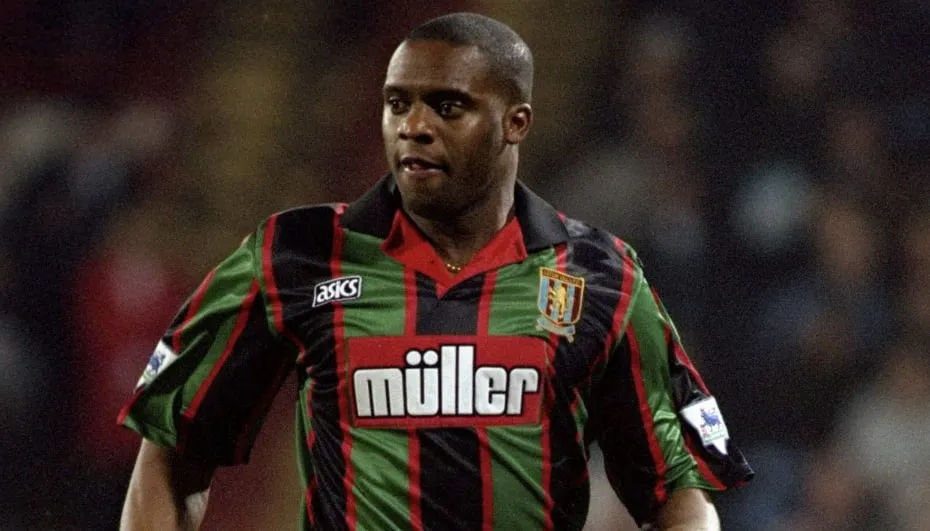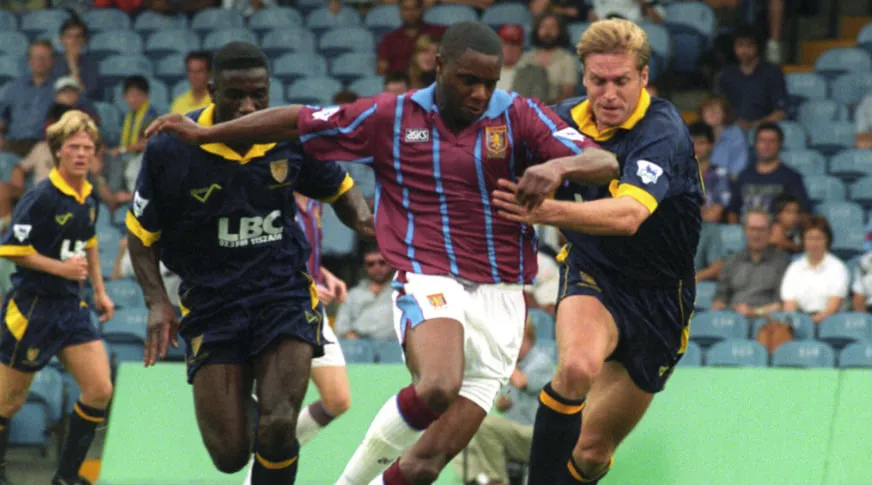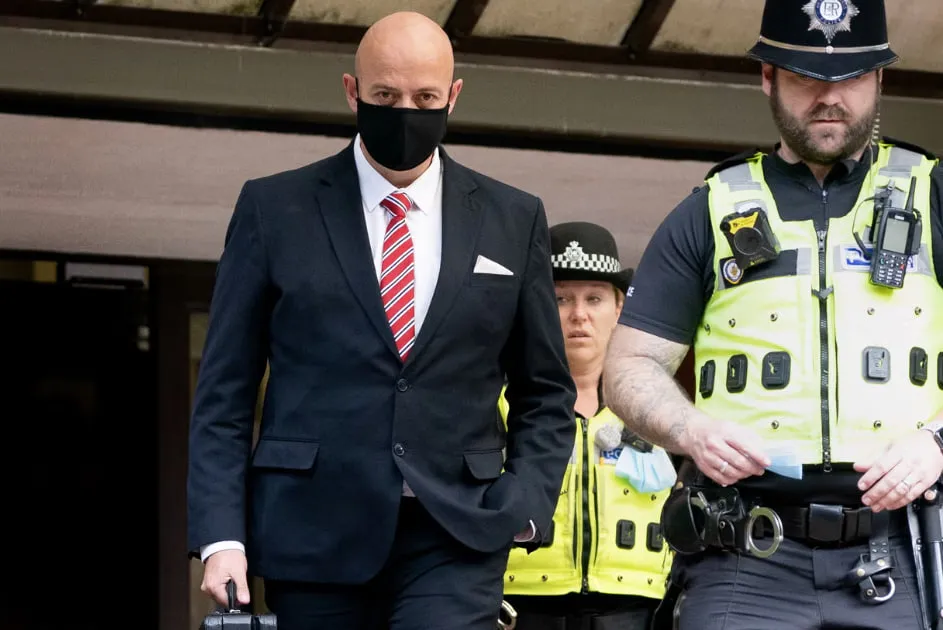In a case that continues to reverberate through both the sporting and criminal justice worlds, a police disciplinary panel has ruled that an officer committed gross misconduct in the moments leading up to the death of former Premier League footballer Dalian Atkinson. PC Mary Ellen Bettley-Smith will keep her job after receiving a final written warning, a decision that has brought the 2016 incident back into the public eye and raised serious questions about police accountability and the use of force.
The Incident and Its Aftermath
The tragic events unfolded in the early hours of August 15, 2016, in Telford, Shropshire. Atkinson, a 48-year-old former Aston Villa, Ipswich Town, and Sheffield Wednesday striker, was experiencing a mental health crisis outside his father’s home. The situation escalated when armed response officers, PC Benjamin Monk and his then-partner PC Bettley-Smith, arrived on the scene.
The independent tribunal found that after Monk Tasered Atkinson to the ground, Bettley-Smith struck the former athlete three times with her police-issue baton. While the panel deemed her initial three strikes were “lawful,” they determined that three subsequent blows, delivered after police backup had arrived, were “unnecessary, disproportionate and unreasonable in all the circumstances and therefore unlawful.”
Contrasting Accounts of the Tragedy
The disciplinary panel heard contrasting narratives about Atkinson‘s condition during the incident. PC Bettley-Smith, a University of Hull graduate, claimed she “perceived” Atkinson was trying to get up, justifying her use of force. However, this account was contradicted by several civilian eyewitnesses who recalled that the 48-year-old “was not moving” and “was not resistant” at the time the baton strikes were administered.
The situation culminated in PC Monk kicking Atkinson at least twice in the head with such force that the pattern of his boot laces was imprinted on the former footballer’s forehead. Atkinson was pronounced dead in hospital approximately an hour after the confrontation.

Legal Proceedings and Outcomes
The legal journey following Atkinson‘s death has been complex and prolonged. In 2021, PC Benjamin Monk was convicted of manslaughter at Birmingham Crown Court and sentenced to eight years in prison. During the same trial, PC Bettley-Smith was cleared of assaulting Atkinson.
However, the Independent Office for Police Conduct (IOPC) determined there was a gross misconduct disciplinary case to answer regarding her use of force. This led to the recent tribunal, which could have resulted in her dismissal without notice.
In a surprising development, the barrister presenting the case against Bettley-Smith, Dijen Basu KC, revealed that West Mercia Police’s Deputy Chief Constable had instructed the panel to consider the lesser sanction of a final written warning alongside the possibility of dismissal.
Expert Analysis and Broader Implications
Sports security analyst Mark Thompson, who has studied athlete interactions with law enforcement, notes: “This case highlights the critical need for better police training in dealing with individuals experiencing mental health crises, regardless of their public profile. The fact that a professional athlete could meet this fate is deeply concerning for all citizens.”
The decision has sparked debate about police accountability and the consistency of disciplinary outcomes. Karen Edwards, a spokesperson for the advocacy group Police Accountability Now, told Krikya: “When a member of the public uses disproportionate force, they face criminal charges. When police officers do so, they too often receive disciplinary warnings. This creates a dangerous perception of unequal justice.”
The Legacy of Dalian Atkinson
Beyond the legal proceedings, the case has kept the memory of Dalian Atkinson‘s footballing career in public consciousness. Known for his spectacular goal of the season for Sheffield Wednesday against Wimbledon in 1992 and his successful spell at Aston Villa, where he helped the club to League Cup victory in 1994, Atkinson remains remembered fondly by football fans.
His family has consistently campaigned for justice since his death, expressing disappointment at the disciplinary outcome. In a statement following the tribunal’s decision, they noted: “We are disappointed that the officer will not face the ultimate sanction for her actions, which contributed to Dalian’s death. We continue to mourn our loss and call for comprehensive reform in how police are held accountable.”

Moving Forward: Training and Transparency
The case has intensified calls for improved police training, particularly in de-escalation techniques and mental health crisis intervention. Several police forces have begun implementing new training programs in recent years, but critics argue progress remains too slow.
Assistant Chief Constable Alex Murray of West Mercia Police stated after the ruling: “We acknowledge the outcome of the independent panel and will continue to work to maintain the confidence of our communities. We have implemented additional training on use of force and mental health awareness since this incident occurred.”
Krikya Conclusion: A Verdict That Leaves Questions Unanswered
The Krikya analysis of this case reveals a complex intersection of sports legacy, police procedure, and accountability. The decision to issue a final written warning rather than dismissal leaves important questions about proportionality of sanctions for police misconduct. As law enforcement agencies nationwide review their practices, the memory of Dalian Atkinson serves as a powerful reminder of the human consequences when systems fail. The football community and civil rights advocates alike will be watching closely to ensure that this tragedy leads to meaningful change in how police interact with vulnerable individuals.
What are your thoughts on this case and its outcome? Share your perspectives in the comments below and follow Krikya for more in-depth analysis of the stories where sports and society intersect.

